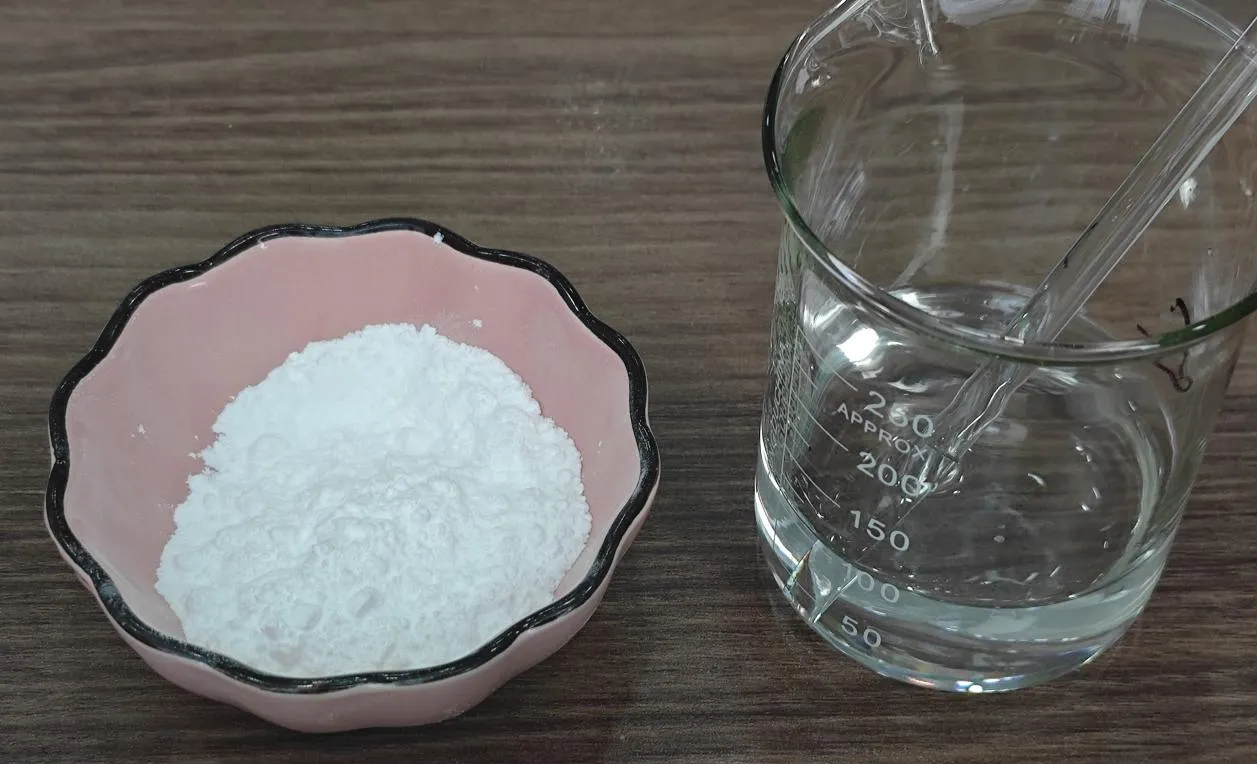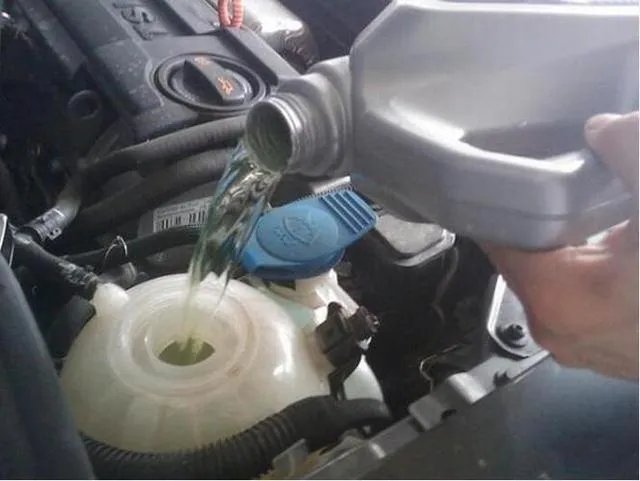
Efficient Construction Solutions: Gypsum Retarder and Antifoaming Agents
Modern construction and manufacturing industries demand materials that not only enhance performance but also improve process efficiency. Whether it's ensuring the perfect setting time of gypsum or managing foam in industrial fluids, specialized additives play a critical role. This article explores the importance of wholesale gypsum set retarder XYSJN1 and various types of antifoaming agents, including their applications in industries like construction, automotive, and chemical processing.

Enhance Setting Time with Wholesale Gypsum Set Retarder XYSJN1
In the construction sector, controlling the setting time of gypsum is crucial. Wholesale gypsum set retarder XYSJN1 is a widely used additive designed to slow down the hydration process of gypsum products. This high-efficiency retarder ensures that gypsum-based materials such as plaster, wallboards, and molding compounds maintain workability for a longer period, reducing waste and improving application quality.

The benefits of wholesale gypsum set retarder XYSJN1 include:
Extended open time for gypsum applications
Enhanced surface smoothness
Improved crack resistance
Consistent performance in varying environmental conditions
This retarder is particularly useful in large-scale construction projects and prefabricated materials manufacturing, where precise control over setting time is a necessity.

The Role of Silicon Antifoaming Agent in Industrial Processes
Foam formation is a common challenge in many industries, including chemical manufacturing, wastewater treatment, and automotive cooling systems. Excess foam can disrupt operations, reduce efficiency, and even damage equipment.
A silicon antifoaming agent is a powerful solution designed to control and eliminate foam. Silicone-based defoamers are highly effective due to their low surface tension and chemical stability, working in both aqueous and non-aqueous systems.
In automotive applications, using an anti foaming agent for coolant is essential. Coolants often generate foam under high temperatures or agitation, which can lead to air pockets, reduced cooling efficiency, and even engine damage. Adding a reliable anti foaming agent for coolant ensures:
Stable thermal performance
Prevention of air lock
Prolonged equipment lifespan
Beyond coolants, industries rely on anti foaming chemicals to manage foam in paints, coatings, adhesives, food processing, and wastewater treatment. These chemicals not only suppress foam during production but also prevent foam reformation during product use.
Understanding Antifoaming Agents: Types and Examples
Foam control is critical, and understanding the types of defoamers helps in selecting the right product for each application. Generally, defoamers are categorized as silicone-based, oil-based, powder, water-based, and polymer-based formulations.
Some common examples of anti foaming agent include:
Silicone oil-based defoamers for general industrial use
Polyether-modified silicones for food-safe applications
Mineral oil-based defoamers for paint and coating industries
Other widely used examples of antifoaming agents are:
Polypropylene glycol (PPG)
Stearates (such as calcium stearate)
Siloxane compounds
For industries requiring versatility, antifoaming agents examples like ethylene glycol and fatty alcohols are employed in both liquid and solid processing environments.
The right choice of anti foaming chemicals not only improves product quality but also enhances operational efficiency and protects machinery from foam-induced wear.
FAQ: Common Questions About Gypsum Retarder and Antifoaming Agents
1. What is the primary application of wholesale gypsum set retarder XYSJN1?
Answer: It is mainly used to control the setting time of gypsum products such as plaster, wallboards, and decorative elements, providing better workability and surface finish.
2. How does a silicon antifoaming agent differ from other defoamers?
Answer: Silicone antifoaming agents are more effective at lower dosages, offer longer-lasting foam control, and are more stable under extreme temperatures compared to organic-based defoamers.
3. Why is an anti foaming agent for coolant necessary?
Answer: It prevents foam formation in engine cooling systems, which otherwise can cause air locks, reduce cooling efficiency, and lead to overheating or equipment damage.
4. Can you give examples of anti foaming agent used in food processing?
Answer: Yes. Food-grade silicone-based defoamers and polyether-modified silicones are commonly used to control foam in processes like frying, brewing, and fermentation.
5. Are antifoaming agents examples safe for the environment?
Answer: Many modern antifoaming agents are designed to be biodegradable and safe when used according to regulations. Always check the product's MSDS for environmental impact details.
-
Hydroxypropyl Starch as a Sustainable Construction AdditiveNewsNov.24,2025
-
The Gelation Properties of CMCNewsNov.21,2025
-
Redispersible Latex Powder and Water Retention CapacityNewsNov.21,2025
-
Dosage Control for Polycarboxylate Water ReducerNewsNov.21,2025
-
Film-Forming Properties of Polyvinyl AlcoholNewsNov.21,2025
-
The Function of Gypsum Additives in MortarNewsNov.21,2025





















